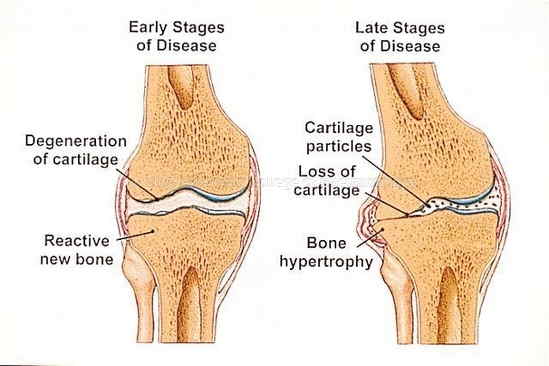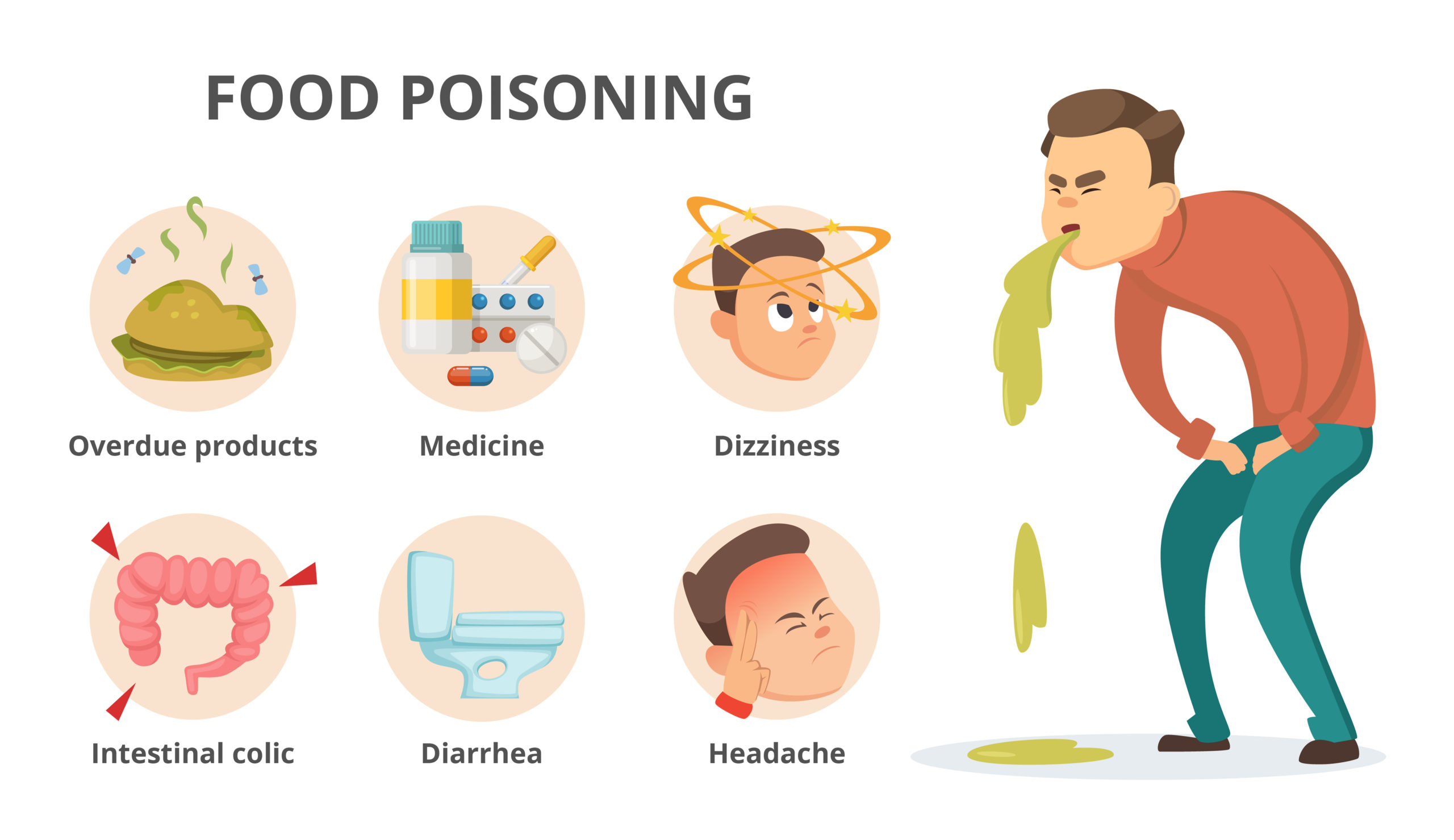When cells divide at an uncontrollable and abnormal rate, they can form a lump or mass of tissue. This lump is more commonly referred to as tumor.
A tumor that is developed in bones is known as a bone tumor.
Bone tumors can be benign or malignant. While the former can be classified as non-fatal, it can still be dangerous and may require treatment. The latter on the other hand, can be life-threatening as the cancer cells might spread throughout the body.
Possible Causes
While it is unfortunate to note, there are no known causes of bone tumor. However, likely causes have been identified?bone injuries, radiation, and genetics, to name a few.
Osteosarcoma for instance has been associated with high doses of radiation as well as anticancer medications. Individuals with bone fractures repaired with metal implants are also more susceptible to developing osteosarcoma.

Potential Symptoms
- Dull ache.One very typical sign of bone cancer is dull ache felt in the affected bone. In most cases, the pain will start off as occasional but will then become severe and constant overtime. In some instances, the pain can become so severe that it can wake up afflicted patients during the night.
- Pathologic fracture. In cases of undiscovered bone tumors, a seemingly insignificant injury would be enough to break the already weakened bone. This is called a pathologic fracture and it is known to result to excruciating pain. Sometimes, a swelling at the tumor site will manifest.
- People who have bone tumors will likely experience fever or night sweats. In the absence of fever, the patient will likely discover tissue mass on some body parts.
- In some cases, benign bone tumors will not manifest any symptoms. They might also not require any treatment until it interferes with the patient?s movement and function.
Diagnosis
Infections, fractures, and other conditions might resemble tumors. To get an accurate diagnosis, a variety of tests will be recommended.
Urine and blood tests
Urine and blood samples will be tested to check for different proteins that might indicate the presence of a tumor or other possible medical issues.
One common test used to diagnose bone tumor is the alkaline phosphatase test. When large quantities of the enzyme are detected in the blood, it can be a clear indication of a bone tumor.
Imaging tests
To determine the exact location as well as the size of the bone tumor, doctors will require X-rays.
Depending on the X-ray results, the following imaging tests might also be necessary:
MRI scan ? provides a more detailed picture of the suspected area
CT scan ? gives a series of detailed images taken from several angles
PET scan ? helps the doctor accurately gauge the location of the tumor
??????? Angiogram ? provides an X-ray of the blood vessels
??????? Biopsies
Biopsies might also be ordered by the doctor to gain better insight of the condition.
??????? There are two kinds of biopsies:
Needle biopsy ? a needle will be inserted to the patient?s bone to remove a small part of the tumor tissue. If a radiologist performs the needle biopsy, X-ray, CT scans, or MRI scan results will be used to help locate the tumor.
Incisional biopsy? this type is also known as open biopsy. Unlike the needle biopsy, this is often done in the operating room and under general anesthesia.

Treatment
Treatment option will depend on the type of bone cancer the patient has and if it has spread. If the cancer cells are only confined in the tumor and its surrounding areas, it is still in the localized stage. In the metastatic stage on the other hand, the cancerous cells have spread to other parts of the body and would be more difficult to treat.
Surgery
Typical treatment for bone cancer is surgery. The entire tumor is removed and the surgeon makes sure no cancer cells are left after the surgery.
Radiation
This treatment option is often used in conjunction with surgery. High-dose X-rays are used to help shrink the tumors before surgery is performed. It is also used to kill the cancer cells.
Chemotherapy
If the cancer cells have spread, chemotherapy is the likely option. This type of treatment makes use of anticancer drugs to exterminate the cancerous cells.
Cryosurgery
This type of treatment uses liquid nitrogen to eradicate the cancer cells. In some instances, cryosurgery is used to treat the bone tumor rather than regular surgery.












